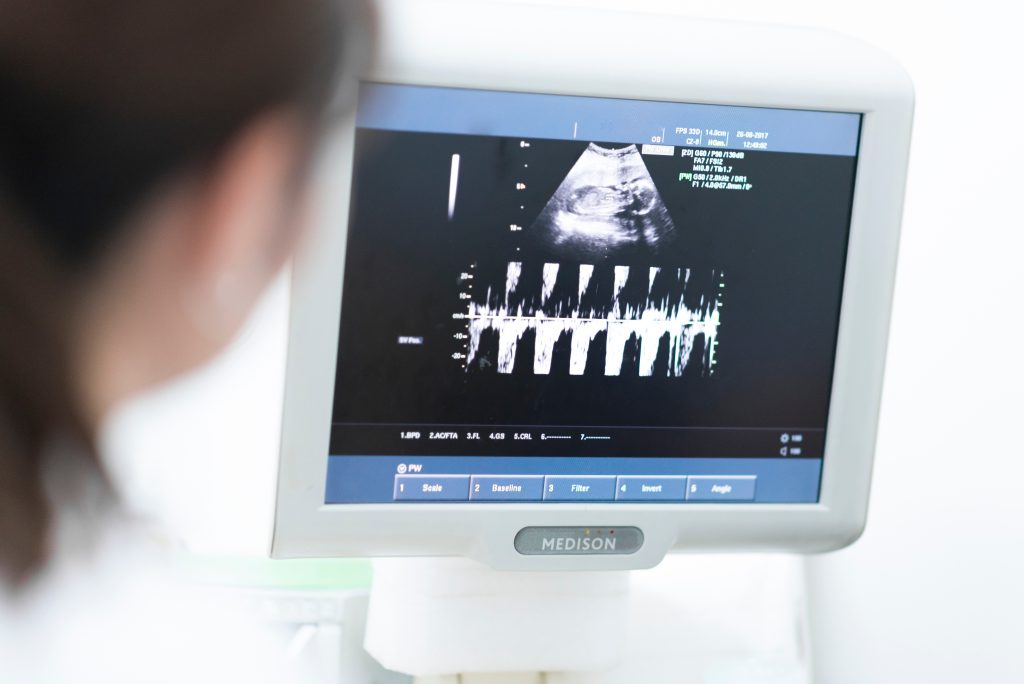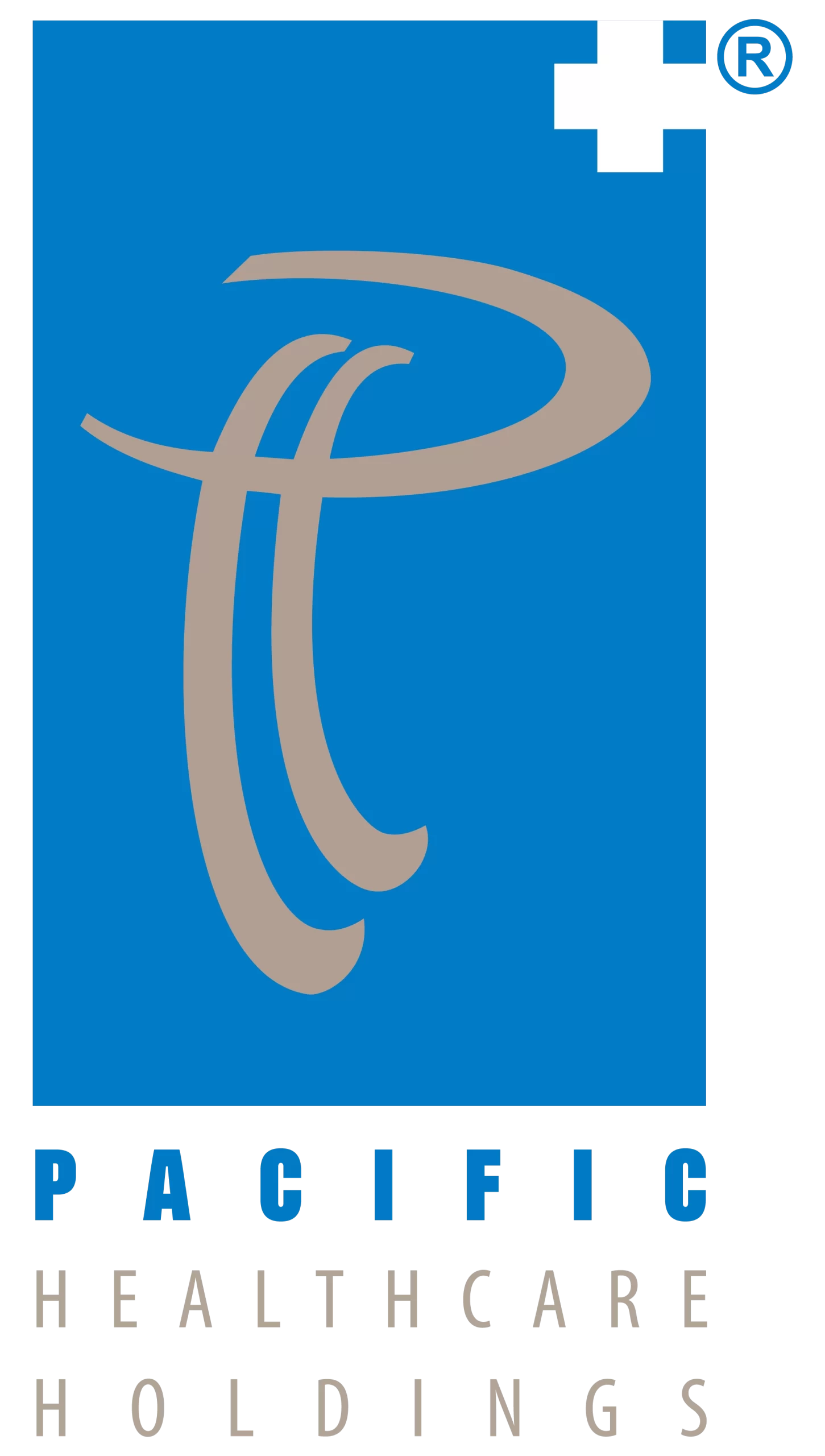
A high-risk pregnancy can be anxiety-inducing but it doesn’t mean something will go wrong; it simply means you or your baby may need extra support to ensure a healthy outcome.
In Singapore, you can readily access medical care and experienced specialists who are equipped to manage high-risk pregnancies. This guide will help you understand what is a high-risk pregnancy, what to expect in terms of care, and how you can work with your doctor to ensure a safe delivery.
What Is a High-Risk Pregnancy?
A pregnancy is classified as high-risk when there is an increased likelihood of maternal, fetal, or perinatal complications for the mother, baby, or both. These risks may be associated with factors such as older maternal age, pre-existing medical conditions, or other health concerns that require closer monitoring.
By identifying these risks early, high-risk pregnancy specialists can actively manage the pregnancy to ensure that both mother and baby receive the care they need.
Types of High-Risk Pregnancies
Here are the common types of high-risk pregnancies that specialists manage:
Maternal Age-Related Risk
Pregnancies in women under 17 or over 35 are more likely to be classified as high-risk due to the likelihood of complications like preeclampsia, chromosomal abnormalities, or premature birth.
Pre-existing Medical Conditions
Women with chronic conditions such as diabetes, hypertension, kidney disease, epilepsy, or autoimmune disorders may require closer monitoring during pregnancy.
Pregnancy-Induced Conditions
Conditions that occur during pregnancy, including gestational diabetes or preeclampsia, can make a pregnancy high-risk even if the mother was previously healthy.
Multiple Pregnancy
Carrying twins, triplets, or more heightens the risk of premature labour, low birth weight, and complications with delivery.
Placental Complications
Issues such as placenta previa (placenta covering the cervix) or placental abruption (placenta detaching from the uterus wall) pose serious risks for both mother and baby.
Fetal Conditions
If the baby is diagnosed with growth restrictions, genetic disorders, or congenital anomalies, the pregnancy will need specialised care and monitoring.
How High-Risk Pregnancies Are Monitored and Managed
Doctors monitor high-risk pregnancies closely with more frequent checkups, including ultrasounds, blood tests, and specialised screenings. They track fetal development and check for potential complications early on.
Depending on the specific risks, specialists create personalised care plans that may involve medications, lifestyle changes, or even hospitalisation to ensure ideal outcomes for both mother and child.
Key Tests and Screenings
Doctors conduct a variety of diagnostic tests to monitor the health of both the mother and the baby. These may include:
- Non-invasive prenatal testing (NIPT): A simple blood test that screens for genetic conditions like Down syndrome.
- Amniocentesis: An invasive test that helps identify chromosomal abnormalities.
- Anomaly scans: Detailed ultrasounds that check fetal development and organ function.
These tests provide valuable information, enabling healthcare providers to detect potential problems early and take prompt action when necessary.
Planning for Delivery and Recovery
Planning for the delivery and postpartum care of a high-risk pregnancy is just as important as managing the pregnancy itself. In a high-risk pregnancy, doctors carefully manage the delivery plan.
Depending on the circumstances, they may recommend a vaginal birth or a caesarean section. They base this decision on the specific risks involved and the health of both the mother and the baby.
A team of specialists, including obstetricians, anesthesiologists, and paediatricians, will closely monitor the delivery.
Support for Newborns Needing Extra Care
Some babies born through high-risk pregnancies may require additional care after delivery. For premature babies, those with low birth weight, or babies with medical conditions, staff may have to provide round-the-clock care to give these babies a healthy start.
After Birth: Recovery and Ongoing Care
Postpartum recovery is a critical aspect of high-risk pregnancies. Women may experience complications like postpartum haemorrhage, infection, or emotional challenges such as postpartum depression.
Specialists continue to monitor recovery, ensuring that you receive the necessary care for physical healing and emotional support.
When to Consult a High-Risk Pregnancy Specialist
You should consider seeing a high-risk pregnancy or maternal-fetal medicine specialist if:
- You have a pre-existing medical condition
- You’re 35 or older at the time of delivery
- You’ve experienced complications in a previous pregnancy
- You’re carrying multiple babies
- Your baby has a fetal abnormality
- You develop complications during pregnancy
- You have lifestyle or environmental risk factors
How to Choose a High-Risk Pregnancy Specialist in Singapore
When you’re selecting a high-risk pregnancy specialist, do:
Check the doctor’s credentials and experience
Look for specialists with training in maternal-fetal medicine and experience managing high-risk pregnancies.
Look for hospital affiliations
Ensure the doctor is affiliated with a reputable hospital that offers intensive maternity and neonatal care.
Evaluate the range of services provided
Choose a specialist or clinic that offers comprehensive diagnostic tests, monitoring, and support services.
Consider accessibility and location
Frequent checkups may be required, so choose a clinic that is convenient for regular visits.
Read patient reviews or get recommendations
Reviews and word-of-mouth can give you insight into the quality of care and bedside manners.
Ensure good communication and support
You should be able to ask questions freely and trust the care plan in place.
Costs and Coverage for High-Risk Pregnancy Care
Managing a high-risk pregnancy in Singapore involves various medical services, and costs can vary based on the type of care and facility chosen. Specialised consultations, diagnostic tests, and hospital stays may range from several hundred to several thousand dollars.
Delivery costs also vary. Public hospitals offer subsidised rates for those who qualify, but waiting times can be longer.
Private hospitals, while more expensive, offer shorter waiting times, more flexibility in choosing your doctor, and personalised care tailored to your needs.
It is advisable to approach your chosen hospital or clinic for a cost breakdown so you can budget for prenatal care and delivery.
Medisave & Insurance for Maternity and Delivery
If you are a Singaporean or Permanent Resident, you can take advantage of the MediSave Maternity Package to reduce out-of-pocket expenses for high-risk pregnancy care. This scheme allows you to tap into your MediSave savings to cover pre-delivery and delivery-related medical expenses at approved public and private healthcare institutions. Medisave withdrawal limits are as follows:
Withdrawal Limits (Effective from 1 April 2025)
Pre-delivery medical expenses: Up to S$900 for consultations, ultrasounds, tests, and medications.
Delivery procedures:
- Normal vaginal delivery: Up to S$1,120.
- Caesarean delivery: Up to S$2,380.
- Complicated caesarean delivery: Up to S$2,440.
Hospitalisation charges:
- S$1,130 per day for the first two days.
- S$400 per day from the third day onwards
Insurance Coverage
Insurance coverage for high-risk pregnancies varies depending on your policy and insurer. Many maternity insurance plans cover prenatal care, hospital stays, and delivery costs.
However, it’s important to check your plan to see if it covers pre-existing conditions, as some policies may have exclusions. Contact your insurance provider to understand the details of your coverage.
Consult a High-Risk Pregnancy Specialist
High-risk pregnancies can be managed with the right care and expert support. For specialised care during your high-risk pregnancy, consider Pacific Women’s Clinic.
Under the guidance of Dr. Nurhidayati Binte Mohamed Suphan, an experienced obstetrician and maternal-fetal medicine specialist, our clinic offers care for expectant mothers facing complex pregnancies. We help manage your health, monitor for complications, and guide you through every stage of your pregnancy to ensure a healthy delivery of your baby.
Book an appointment today.


